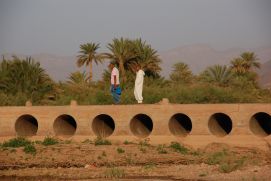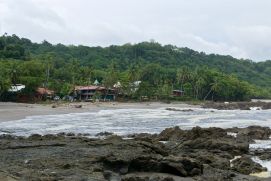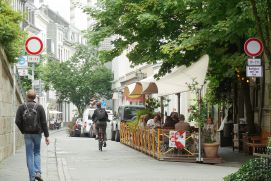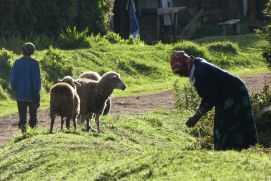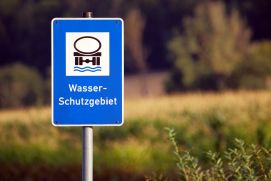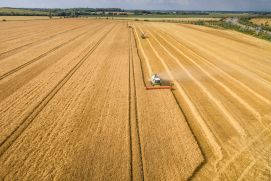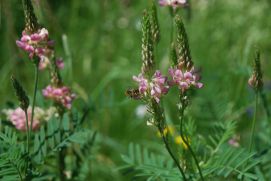Junior Research Groups Social-ecological Research
Sustainability research needs well-qualified young scientists who are able to contribute to finding solutions to complex societal challenges such as protecting the climate and natural resources in conjunction with maintaining prosperity and social cohesion. For this reason, the Federal Ministry of Research, Technology and Space (BMFTR) supports interdisciplinary junior research groups in socio-ecological research.
Tackling complex societal challenges requires intensive cooperation between different disciplines as well as between science and practice. However, the transdisciplinary research skills required for this are not sufficiently available in the scientific system. This is due to the fact that the scientific system is still predominantly discipline-oriented and offers few incentives for interdisciplinary and transdisciplinary research. This in turn reduces the career opportunities for young scientists with such research approaches. It is therefore necessary to further improve career opportunities for interdisciplinary and transdisciplinary researchers and to structurally anchor transdisciplinary research with practice partners in the scientific system.
Hence, the Federal Ministry of Research, Technology and Space (BMFTR) aims at contributing to this in the priority area "Sustainable urban development" by funding social-ecological junior research groups. Transdisciplinary research approaches have considerable potential to meet the challenges of sustainable urban and regional development and to unfold transformative strengths on the ground. This is urgently needed, as challenges such as the consequences of climate change, structural change, land sealing and housing shortages are felt directly by a particularly large number of people in cities and the surrounding regions that are closely intertwined with them. At the same time, cities are innovative transformation centers in which new solutions for a sustainable future can be designed and tested. With this funding, the BMFTR is making a direct contribution to achieving the goals of the Future Research and Innovation Strategy, in particular the sub-mission "Mobility, buildings and urban and regional development must be designed sustainably".
Young scientists are given the opportunity to gain further academic qualifications with interdisciplinary research perspectives at the interfaces of natural sciences, engineering and social sciences. Furthermore, the opportunities for career paths in inter- and transdisciplinary science, business and civil society are to be improved in general.
When working on a research task of their own choice, junior research groups should cultivate and develop the culture of interdisciplinary academic work - beyond the research result in the narrower sense. The overall aim is to further open up universities to interdisciplinary and transdisciplinary research approaches. The duration of the projects is five years. This is intended to take account of the special challenges of interdisciplinary and transdisciplinary research and at the same time ensure the academic qualification of young researchers.
Proposals for the next funding round can be submitted (in German language only) until April 29, 2026.
Facts & Figures (status Jan. 2025)
The BMFTR has been supporting young socio-ecological groups since 2002. Over the years, the general conditions have been repeatedly examined and the funding guidelines have been developed accordingly.
There are currently the following figures for the funding measure:
- 7 funding rounds
- in total around 106 Mio. Euro funding budget
- around 260 PhD students and postdocs
- 35 finalized projects
- 15 currently running projects
- 30 alumni appointed as professors
- 33 appointments of junior professors
The groups currently running are dealing with the following topics: biodiversity and agriculture, water management, climate change, sustainable economy, digitization, sustainable urban development, mobility and energy transition.
The current junior research groups are briefly outlined below.
Research projects (available in German)
Last updated on





